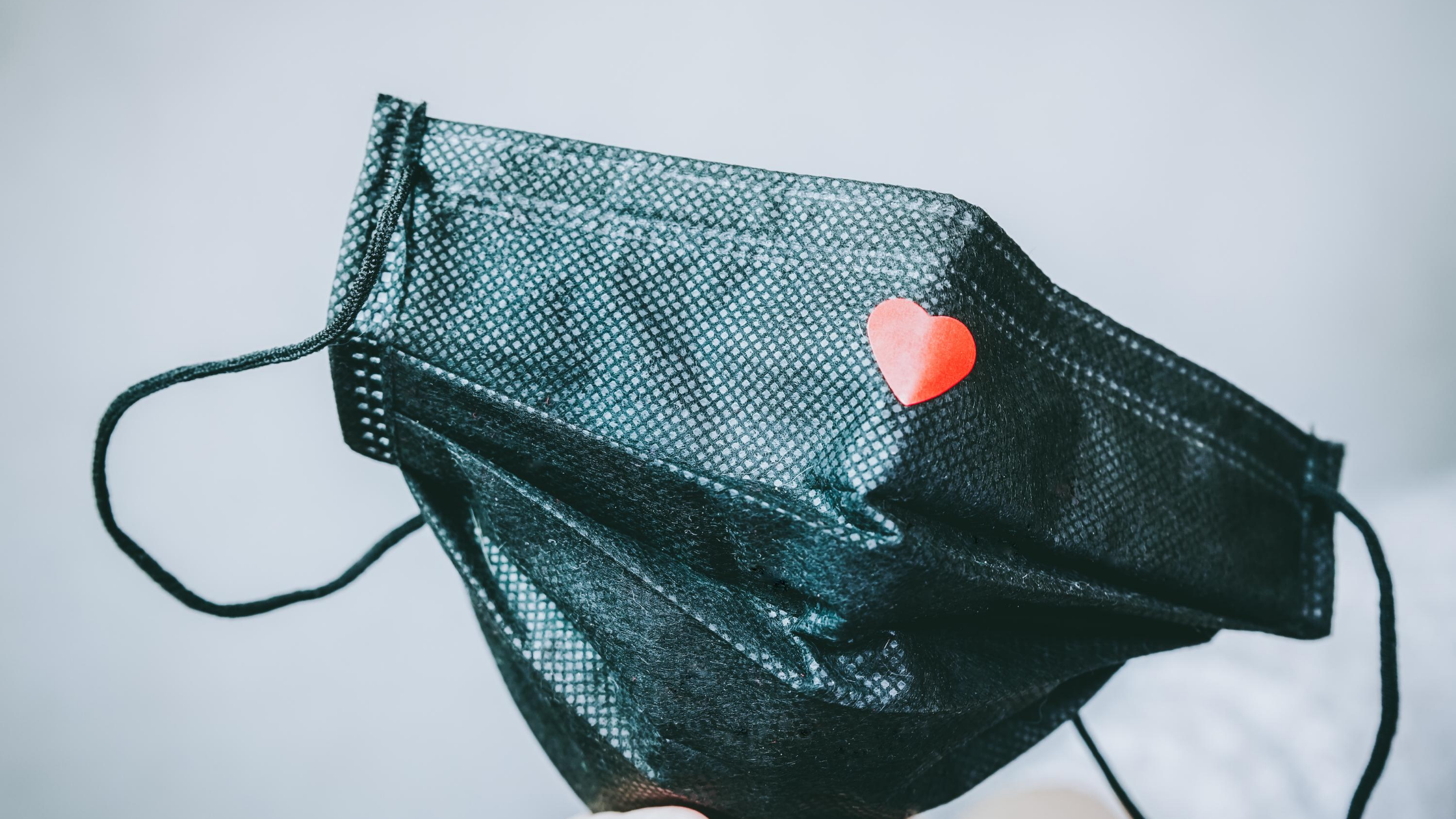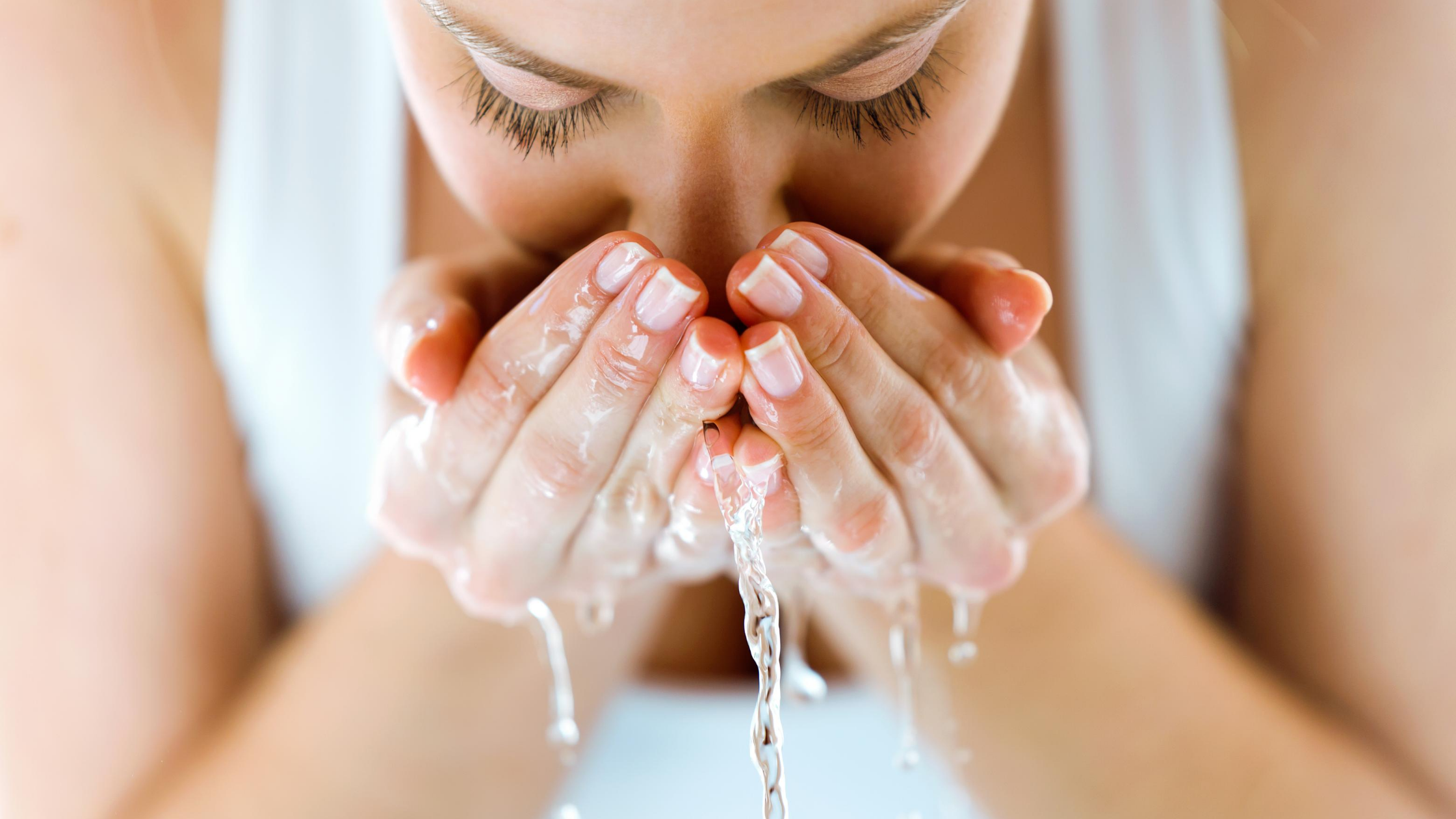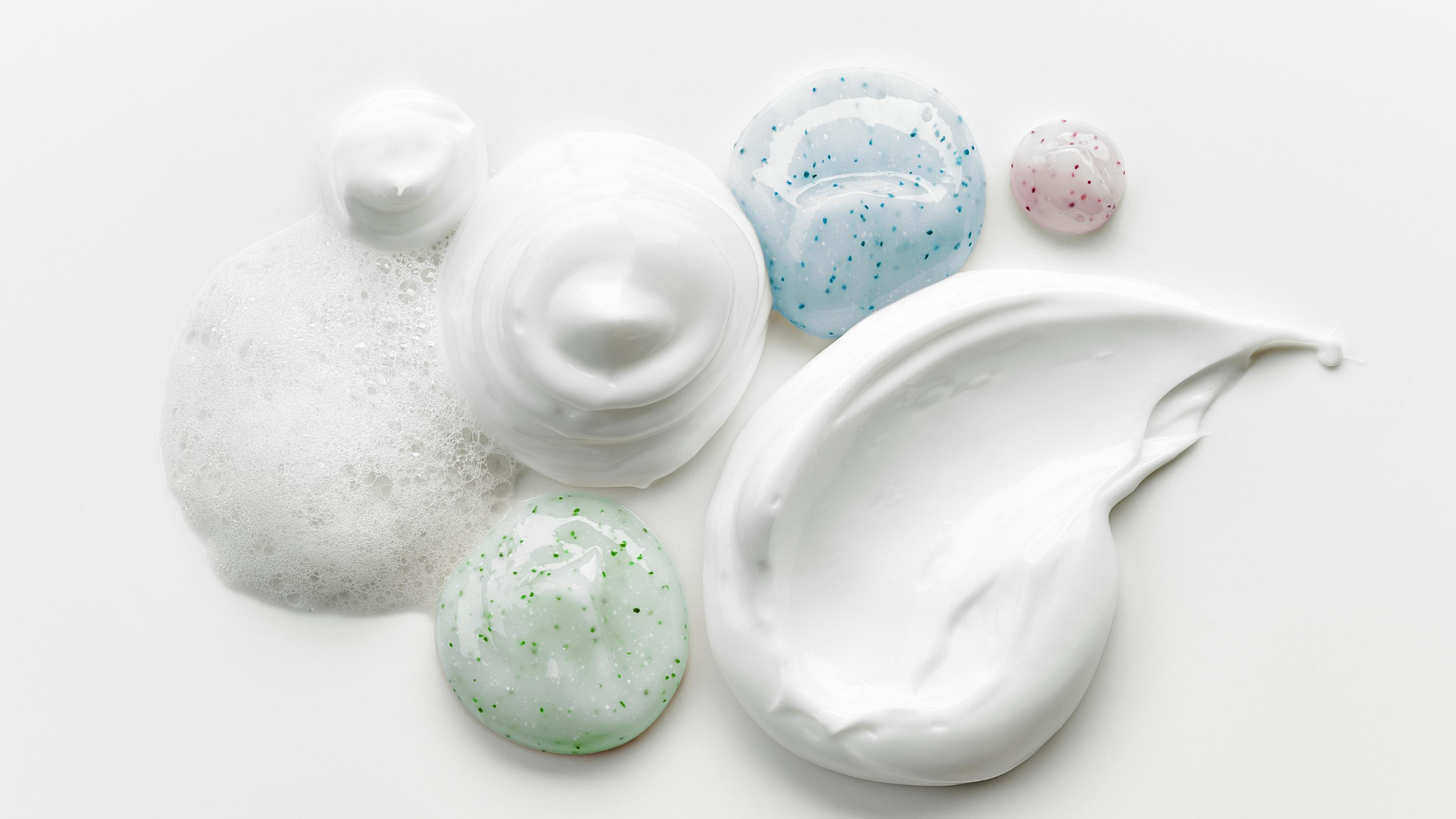While trying our best to wear masks and reduce the impact of COVID-19, those same masks can cause problems for our skin. Maskne, or acne mechanica, is the term for the irritation and inflammation caused by the friction, rubbing and occlusion from masks. This is not a new problem but it is more prevalent now. It is common in football players who wear chin straps and it was also a problem during the previous SARs pandemic.

Maskne can compromise the barrier of the skin, allowing for things like bacteria, dirt, oil, and sweat to build up under the mask. This then drives a whole list of skin problems, including acne, rosacea, and various forms of dermatitis.
But there is good news, for a change!
Not only can we treat maskne, but it is preventable, even for healthcare workers with some of the most difficult restrictions and requirements for wearing masks. We are going to walk through the basics of prevention here and save treatment for another time. Keep in mind though, if you have a more severe skin problem, you may want to consider getting help from a dermatologist.
Practice good mask hygiene
There a few things specifically related to the actual mask that you can do to help avoid maskne:
- Change daily/keep it clean. This reduces the amount of irritants in contact with your skin. Having multiple, reusable masks on hand helps.
- Take 15 minutes breaks every 2 hours, when you can do it safely.
- Choose breathable fabrics, like cotton.

Keep skin clean
Be sure you are washing your face regularly. For most people, once or twice a day is enough. Going above and beyond that to 3 or 4 times a day can actually be aggravating and make the problem worse. When selecting a cleanser, choose gentle, non-comedogenic and oil- free products to be as kind to your skin as possible while trying to keep it clean.
Another trick for keeping your face clean to prevent maskne is to reduce the amount of lotions and potions you apply. This is great if you wear multiple layers of products or make up on your face daily. A tinted sunscreen is a great option here because it can do double duty to provide SPF protection and foundational coverage.

Moisturize
Dryness can be a result of the friction between the masks and our skin so take steps to ensure your skin is hydrated and happy. Look for moisturizers with hyaluronic acid and ceramides. Hyaluronic acid acts like a sponge and retains 1000X its own weight in water, which is great for hydrating and plumping the skin (darkness under the eyes, anyone?). Ceramides, on the other hand, help form the skin barrier and retain moisture. They are naturally found in skin but can be depleted by pollution, irritants, hot water, soaps, harsh chemicals and simply aging. Choose a product with both ceramides and hyaluronic acid to apply twice daily to damp skin after cleansing and at least 30 minutes before a mask. Additionally, a gentle, pH balanced moisturizer can be instantly soothing.
Diet and water intake
Please note, things like a healthy diet, lower sugar intake, and staying hydrated can have major impact on our skin health. Don’t underestimate the power of these!
All that being said, if you are struggling to find a DIY or over-the-counter solution, consider contacting a dermatologist for expert advice.
